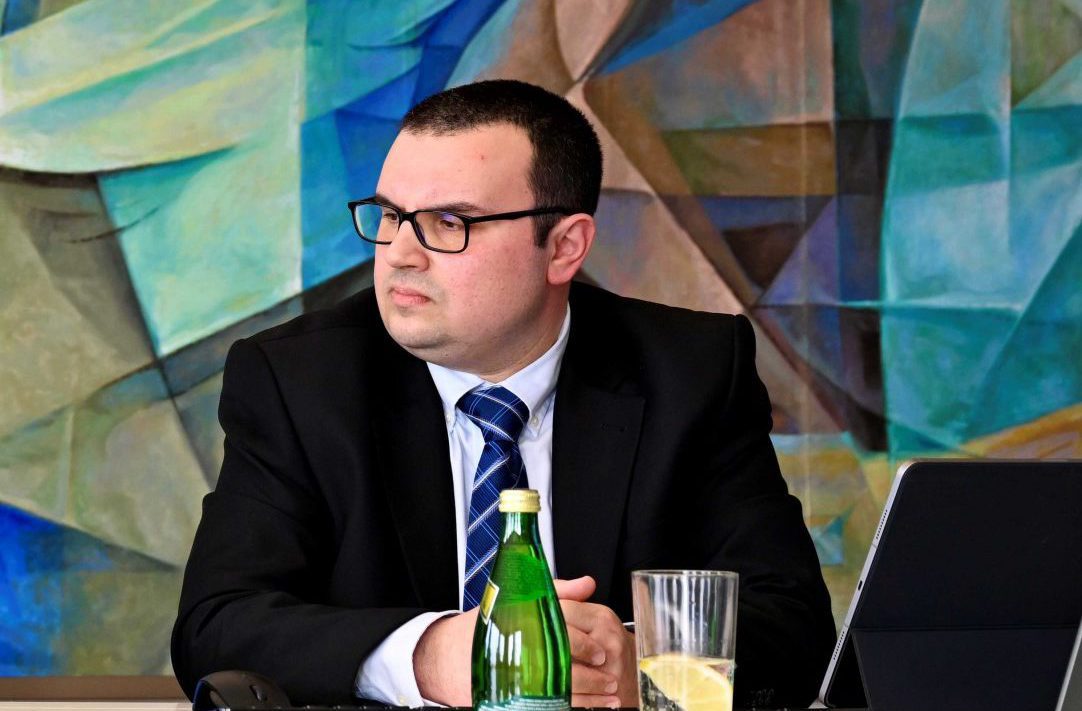Over the years, employees’ roles at companies have been defined in relatively simple terms. Chief Executive Officer, General Manager, Legal Associate, and many more straightforward ones immediately come to mind.
However, job titles are yet another integral part of the world of business that have undergone major evolution throughout the years, making certain labels even more ambiguous to people outside of the company. A number of titles, such as Chief Information Officer, used to seem strange when the digital technology industry was still in its early stages, but people have since adapted, and they have become widely used across various fields.
Today, this is especially the case in the thriving iGaming industry, where titles such as Head of Vibe and Happiness Officer have emerged as quite popular. Additionally, the COVID-19 pandemic resulted in an increase in remote and hybrid working structures, dramatically changing the work experience, and subsequently even related titles.
Speaking to MaltaCEOs.mt, Konnekt Recruitment Specialist Jessica Schembri emphasised that such job titles have an effect when it comes to finding candidates for jobs, particularly “from a marketing perspective”.
“The more something catches the eye, the more you are naturally attracted to it. As companies evolve in any aspect nowadays, the need for the workforce will also evolve,” she explained.

She added that it is important to keep in mind that “job titles are also indicative of the employee’s seniority and responsibilities. Nonetheless, candidates should not focus on job titles but rather on their value and what they can contribute to the company, and vice versa”.
While the trend can be seen in a variety of industries, Ms Schembri noted that those in iGaming, marketing, and technology in particular have “very attractive titles”.
“The more traditional job titles are starting to sound bureaucratic to fresh graduates. But, in the recruiting world, we can notice certain changes. For example, instead of Human Resources, companies are tying to implement the words ‘People’ and ‘Culture’,” she said.
She remarked that such changes can be perceived as an indication of companies showing “increased value to their employees”.
However, these titles have to also be accompanied by a “clear and structured job description”, to avoid situations where workers get lost on the job since their titles are relatively vague, and not as clear-cut as more traditional ones.
“The goal is to know your reason for employment and what is expected out of you. Make sure your job description matches your title to secure career succession,” Ms Schembri said.
When asked whether such job titles can be problematic when it comes to moving from one job to another, especially given that more traditional companies might not fully understand or be fully appreciative of the previous title, she said that it depends from the angle one looks at it.
“When candidates come to us with a title in mind, we try to explain to them to look at the bigger picture. A title is just a title at the end of the day. The title will not mean anything if you do not live up to your expectations,” she explained.
“Rather than focusing on titles, focus on company values, self-improvement, company culture and work ethic. In the end, the work you put in and the way you present yourself to your colleagues and the attitude you choose to have will always be remembered,” Ms Schembri added.
She also pointed out that job titles “can be negotiated and changed”.
“Asking for an updated job title can help your career if your current title is no longer an accurate reflection of what you do compared to what you used to do,” she concluded.
Ms Schembri has worked at Konnekt for a year, forming part of the recruitment agency’s generalist team which provides its expertise in a number of industries, including manufacturing, engineering, marketing, and sales, among others.
Her job at the agency meant a complete shift from her previous experience, having previously graduated with a Bachelor of Science in Chemical Technology and Engineering from MCAST and spent around seven years as Quality Control Analyst and Training Specialist within the pharmaceutical industry.
Balancing higher income and job satisfaction: A request for financial and career advice
An Anxious Project Manager is at a crossroads, having secured a considerable raise but must also contend with a boss ...
Kevin Cardona named new BOV Chief Financial Officer
He succeeds Izabela Banas, who left the bank last February.
Change main feature of 2023, more expected in 2024 – Harvest Technology Chairman Keith Busuttil
During 2023, Harvest Technology registered a 60.3% decrease in pre-tax profit, after contract delays and provision charges.
Soaring demand for property in St Paul’s Bay not likely to be replicated elsewhere – RE/MAX CCO
He says RE/MAX has called for clarification on NSO data, given that in statistics, Buġibba, Burmarrad, Qawra, and Xemxija are ...











